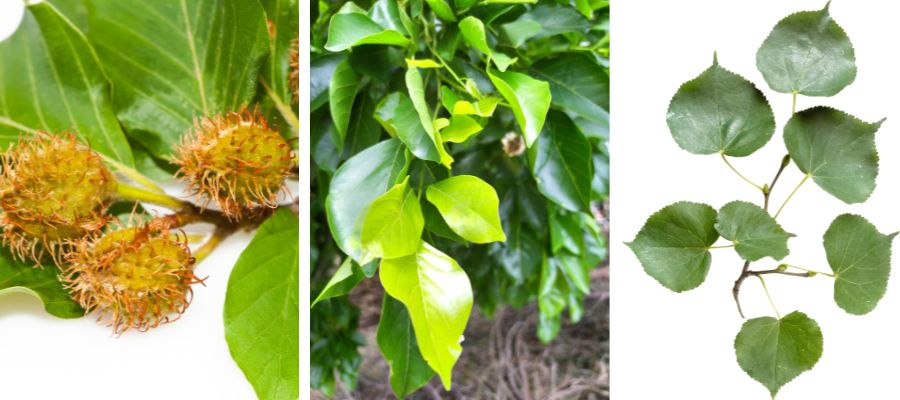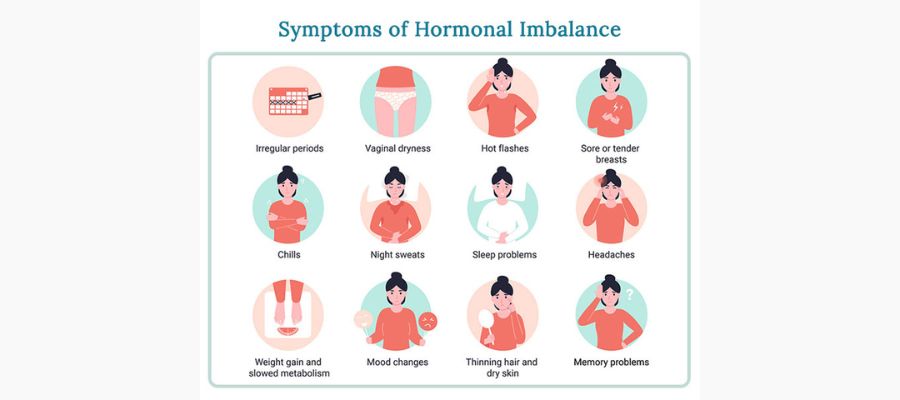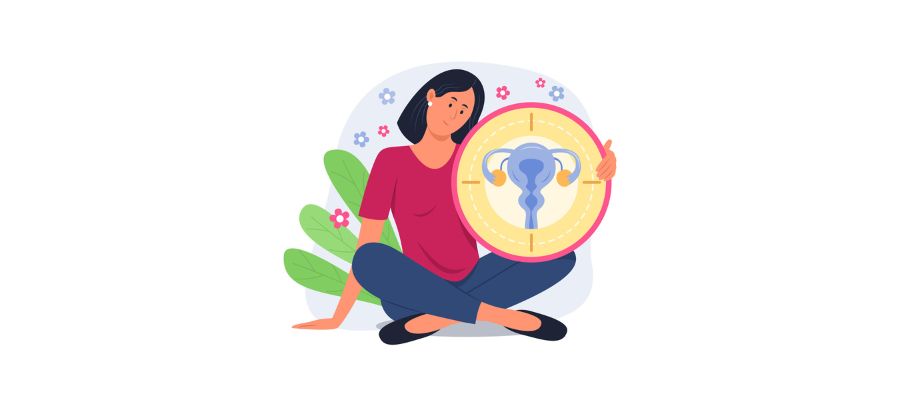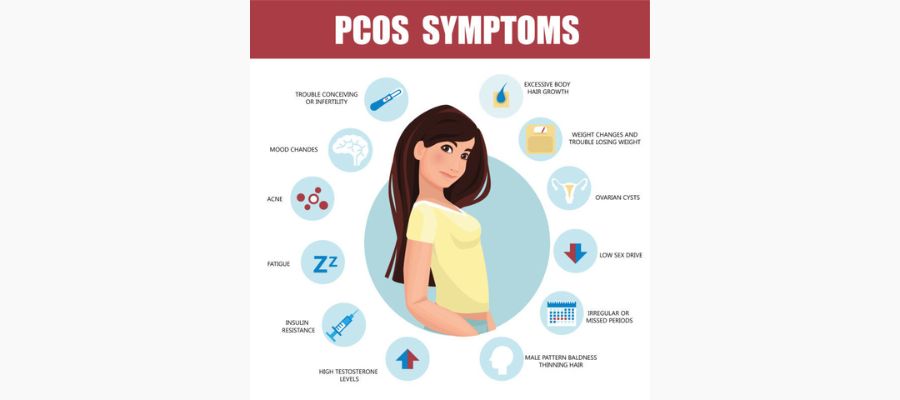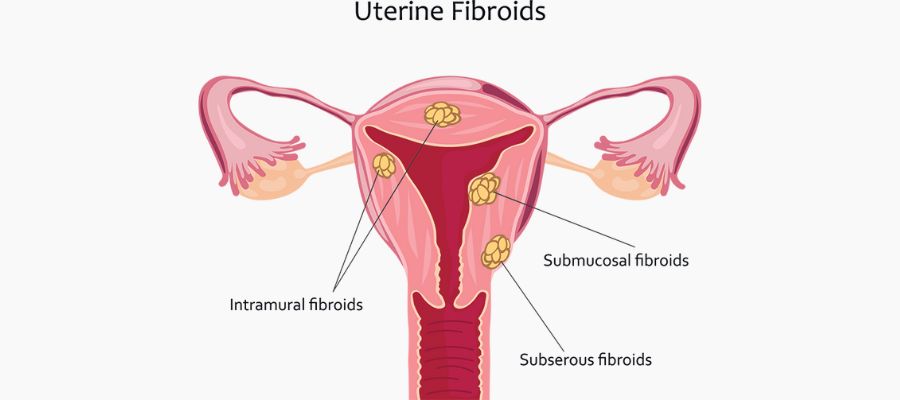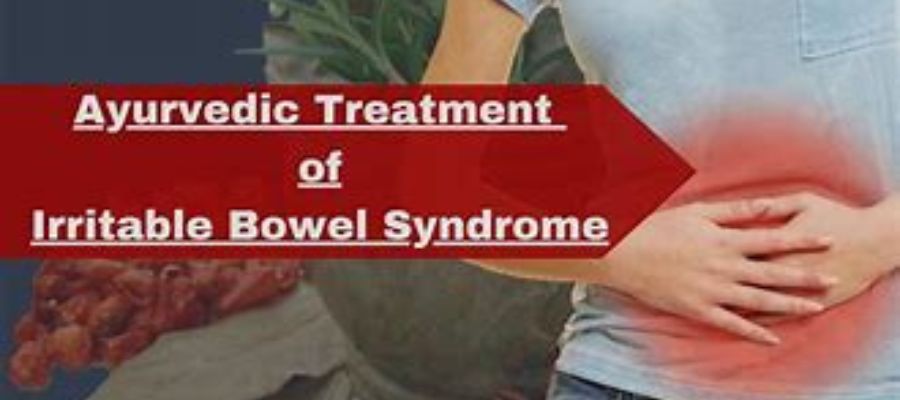
WHAT IS IRRITABLE BOWEL SYNDROME? TREATMENT THROUGH AYURVEDA.
In Ayurveda, irritable bowel syndrome is referred to as 'Grahani'. It is a digestive condition affecting the stomach and small intestine. This illness may last a lifetime, but the symptoms change over time. IBS is characterised by abdominal discomfort, pain, and bowel irregularities. It could be either frequent bowel movements or constipation. According to studies, this disease now affects between 9% and 23% of the world's population. Still, people are ignoring this ailment since they prefer to start with some recommendations and Western pharmaceuticals that only bring brief relief. Ayurvedic treatment for irritable bowel syndrome is the most reliable alternative that offers long-term relief.
What are the main causes of IBS?
IBS can be caused by repeated infections in the stomach.
Stress and anxiety- Because stress and anxiety directly affect the immune system, there is a difference in the symptoms.
Poor eating habits- Eating unhealthy foods and eating at inconvenient times has a negative impact on gut health.
Sedentary lifestyle- Being idle and not exercising can increase your chances of developing the condition.
Some major signs of IBS are
• Abdominal pain- Recurrence of acute or persistent pain and stomach cramps.
• Excessive thirst- Due to the loss of body fluids caused by passing the stool repeatedly, a person frequently consumes more water.
• Irregular bowel movement- The most common symptom of IBS is irregular bowel movement. Bowel movements may be more difficult or less difficult than normal.
• Mucus in the stool- When you poop, your mucus may seem yellowish.
• Bloating in the abdomen.
Ayurveda medication
Because they balance the VataDosha, Ayurvedic medicines for IBS are the finest for curing chronic disorders. These medications are made up of certain herbs. (The underlying cause of digestive disorders)
1. LICORICE ROOT- This herb is said to help combat inflammation, cleanse the colon, and eliminate viruses and germs in the stomach.
2. PEPPERMINT- Peppermint is a wonderful herb for treating IBS. It aids in the relaxation of the gastrointestinal muscles, which improves motility. This plant is more powerful than any other medication.
3. GINGER- Ginger is a common household item that can be used to treat IBS. It cures gastrointestinal discomfort and improves digestive health.
DIET FOR IBS- FOODS TO EAT AND AVOID
To reduce symptoms and enhance gut health, a good IBS diet includes fiber-rich meals, probiotics, and staying hydrated. An Ayurvedic practitioner will always recommend a healthy and nutritious diet when it comes to addressing digestive issues. Ayurveda has a place since it is the only treatment approach that strongly believes in and emphasises the importance of eating a healthy diet rather than depending solely on medications for recovery. The appropriate description that is put up is that a poor diet causes gastrointestinal problems as well as the continued maintenance of a sedentary lifestyle. Following habits should be incorporated:
• Increase your intake of fibre-rich foods such as grains, beans, fruits, and vegetables.
• Remember to avoid or limit your consumption of foods such as broccoli, cabbage, and onions, which can aggravate acidity and flatulence. If the symptoms are not controlled, they can worsen over time.Highly saturated carbohydrates are difficult for the intestine to digest, causing issues such as increased gas, abdominal bloating, diarrhoea, and irregular bowel movement. Reduce your intake for the best results.
• Consume a sufficient or standardised amount of protein in your diet. Pulses, which must be well-cooked, can be used for this.
Sugar, salt, and fat-rich foods should be avoided.
• Avoid skipping meals.
• Limit your use of caffeinated beverages, since they may contribute to the development of digestive illnesses.
• Fruits with a high water content, such as watermelon, kiwi, apple, and pear, are especially recommended.
• Dairy items such as cheese, butter, and high-fat milk should be avoided, but cow's ghee should be consumed.
• Raw veggies and fruit salads can also assist with constipation.
Foods to Avoid
Try to avoid foods that aggravate IBS symptoms.
Here is a list of foods to avoid:
• Gluten-free diet;
• Refined and processed foods
• Carbonated beverages
•Caffeine is a stimulant.
• Protein-rich diet
• Excessive use of sugar, salt, and spices
• Dairy goods


